6 ways to develop adaptability in the workplace and embrace change
Summary
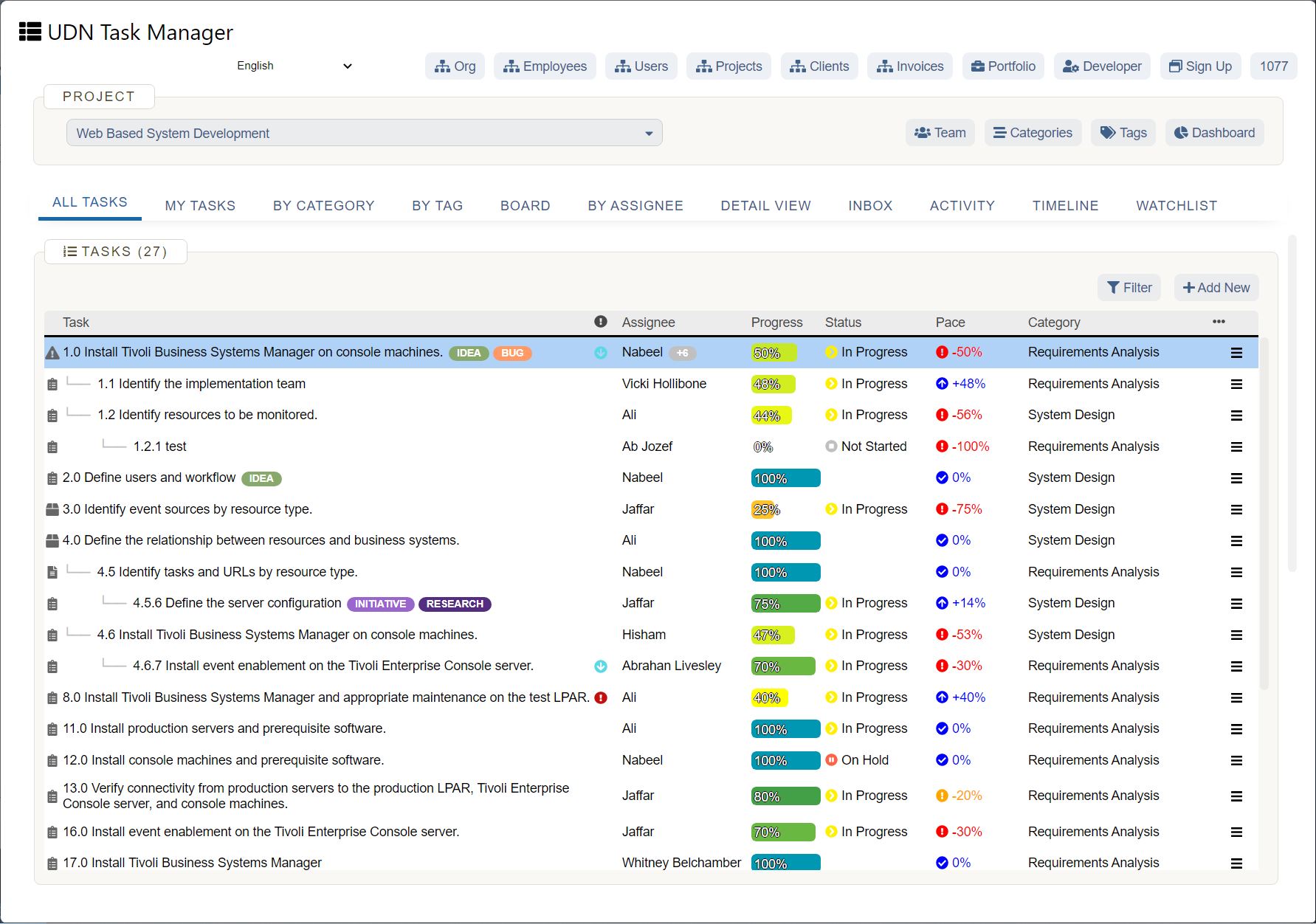
Workplace adaptability helps you react effectively to a variety of situations. In this article, we’ll cover six ways to develop your adaptability skills, including how to become a better problem solver, embrace change, keep an open mind, practice mindfulness, and push yourself out of your comfort zone.
The workplace is an ever-changing, dynamic place. A campaign that works brilliantly one day totally flops the next. The colleague you’ve always relied on is suddenly out on leave.
We’ve all seen this firsthand over the past few years as businesses adjusted to the ups and downs of working through a pandemic. Those changes have been major. But even minor adjustments like new software or a desk change can cause disruptions for you and your team.
Often, changes are outside of your control. What you can control is how you react to them. Do you want to be someone people look to during challenging times? A leader that can guide others? Like many soft skills, adaptability is a skill you can learn. By developing adaptability in the workplace, you can learn to deal with—and even grow from—inevitable changes.
What is adaptability in the workplace?
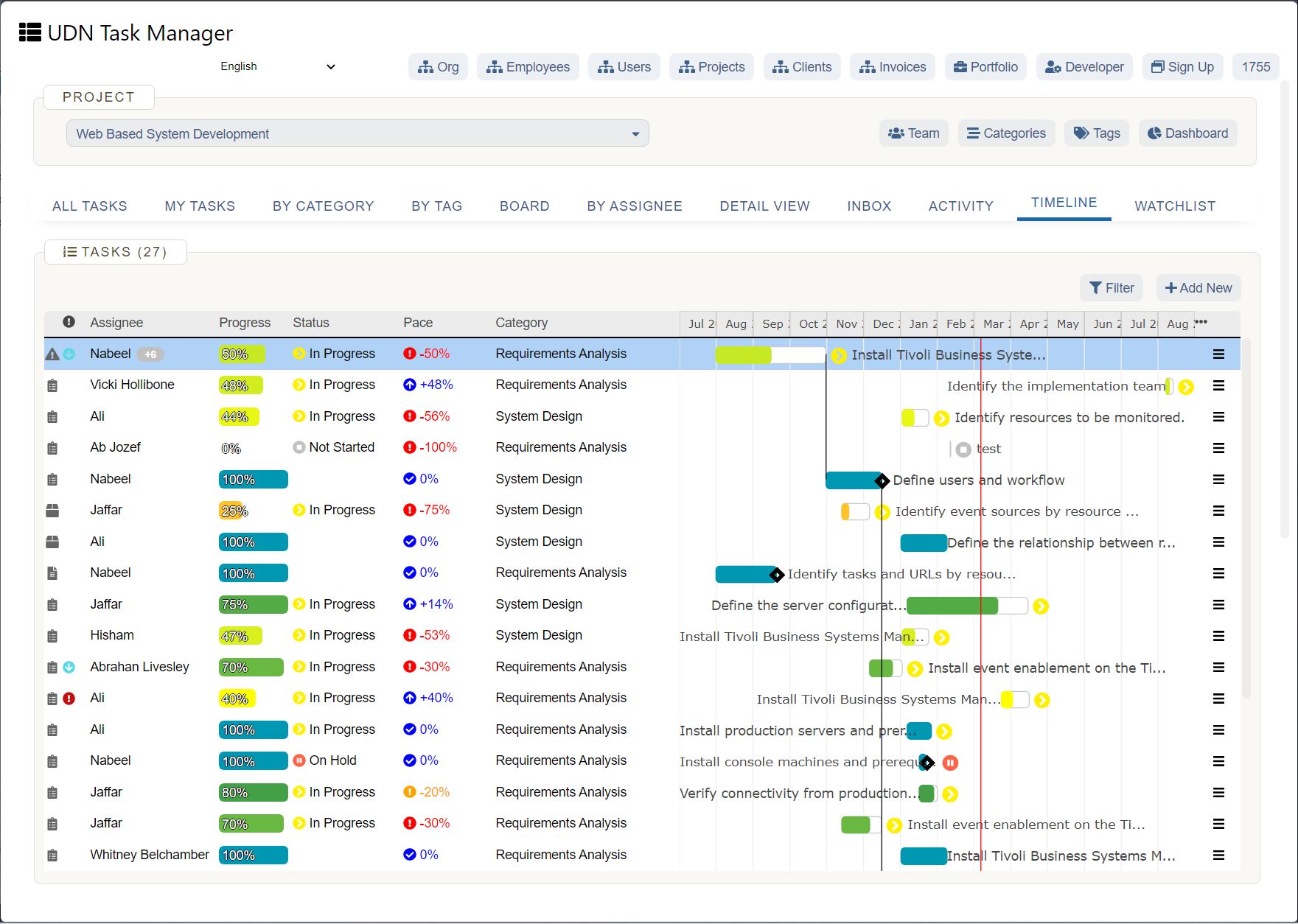
Workplace adaptability is the ability to respond effectively to different scenarios and challenges within the workplace. It's not as simple as just being more flexible. Adaptable people develop targeted skill sets, processes, and frameworks that allow them to quickly and efficiently deal with different situations as they arise.
Becoming adaptable at work helps you respond to new situations, new roles, new projects, and new clients. As you develop this skill set, you'll be able to face any change that comes your way.
The 3 types of adaptability skills
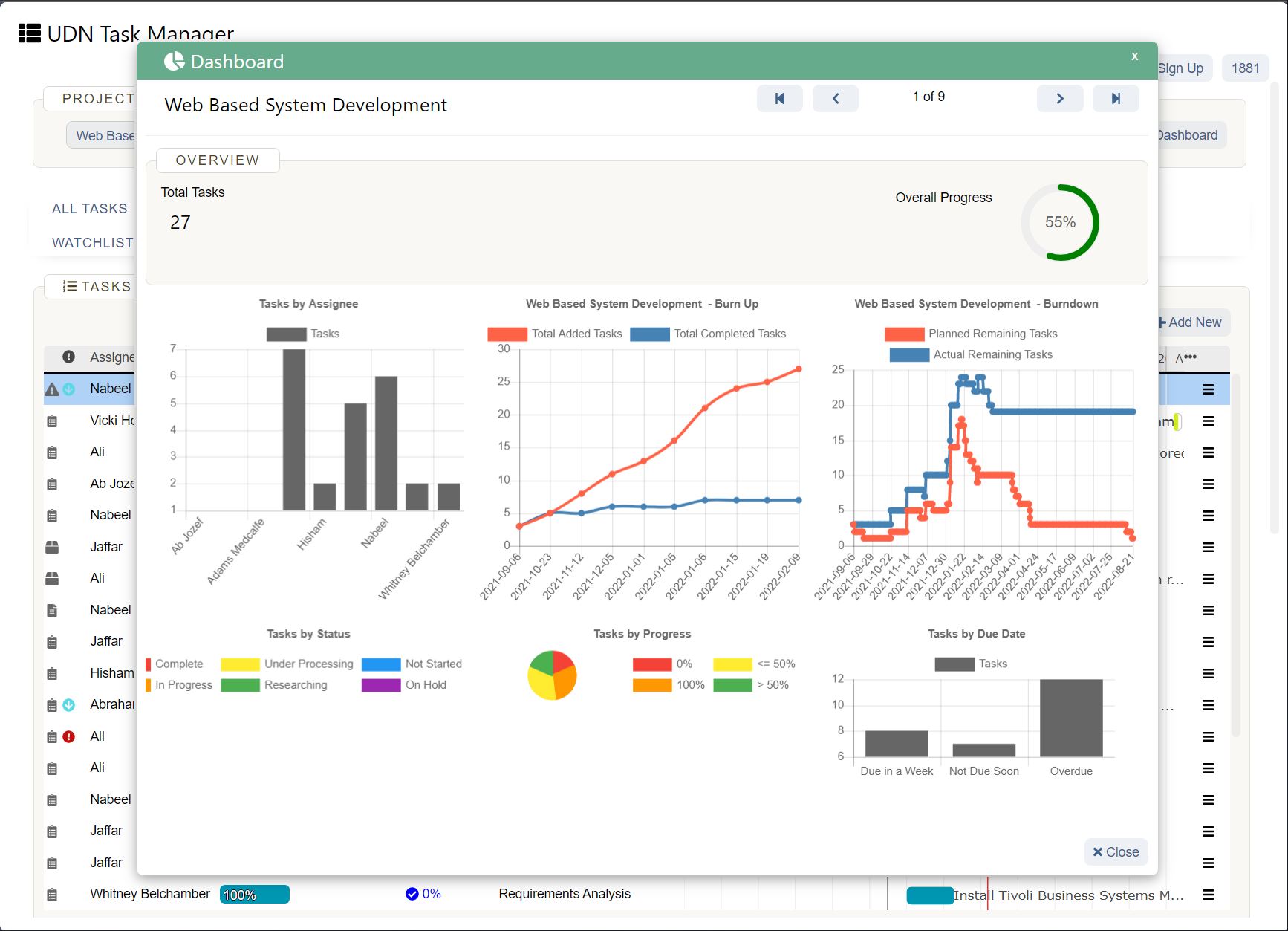
Understanding what adaptability skills are and where they come from can help you develop your skill set. The Center for Creative Leadership breaks adaptability skills down into three categories:
Cognitive adaptability allows you to think through different potential scenarios and plan for various outcomes. Developing cognitive adaptability won’t guarantee you make the right decision, but it helps you structure your thoughts during the decision-making process .
It may sound cliché, but it’s safe to say that just about every colleague works differently, thinks differently, and—as a human—is different. Emotional adaptability skills help you to accept and acknowledge that. This skillset can help you connect with all types of personalities, even those that are different from your own.
Having an adaptable personality allows you to both see a situation for what it is and what it can become. When facing a challenge, you’re able to see the full picture. You can acknowledge imperfections while also seeing opportunities. It’s a combination of realism and optimism—helpful for responding to any situation.
5 benefits of honing adaptability skills in the workplace
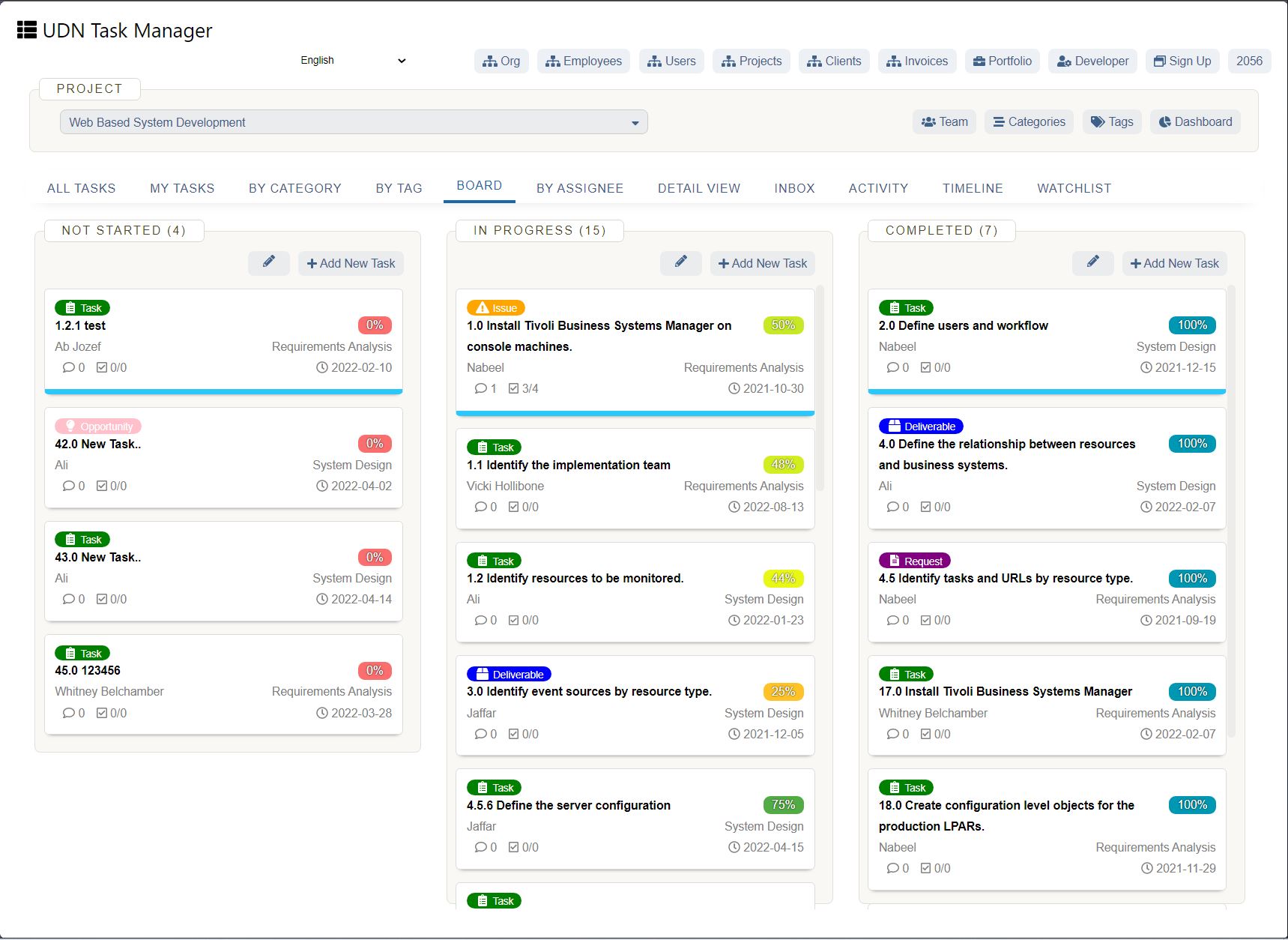
There aren’t many things guaranteed in life—but change is one of them.
When you show adaptability, you demonstrate that you’re able to handle anything that comes your way. Adaptability is a soft skill that likely won’t make it onto your LinkedIn profile, but it’s often one of the first things your boss looks for when they’re considering you for a promotion or developing you as a leader .
Here’s what can happen as you become more adaptable:
You’ll build resilience. Challenging yourself doesn’t just help hone problem-solving skills— it actually changes your brain . One way to become more adaptable is to practice facing different sets of challenges and coming up with unique solutions for each. As you continue to face and bounce back from challenge after challenge, you’ll begin to teach your brain that nothing is insurmountable.
It sets you apart. Adaptable people stand out. Instead of feeling stressed under pressure or getting overwhelmed, try finding new approaches and solutions to the problem at hand. Use brainstorming techniques to help you think outside the box and come up with creative solutions. Not only will you become more confident, but you’ll also learn to trust yourself to make difficult decisions and show that you’re a go-to person for more difficult decisions.
Adaptability feels good. Change at work can be stressful. But as you become more adaptable, you’ll start to look for and find solutions more easily. Optimism will become your default. You might find situations that used to stress you out are now exciting or fun to work on.
You’ll build a sought-after leadership skill. When you're adaptable, you can guide your team through different challenges and develop critical thinking skills. You’re able to accept and acknowledge how each team member is different, so you can communicate more effectively. All of which are desired leadership qualities .
It boosts productivity . When you spend less time worrying about what’s happening in a project, you have more time to think about how to move it forward and take action. As you put more time and energy into these actionable items, you can also help your team become more efficient .
How to develop adaptability skills
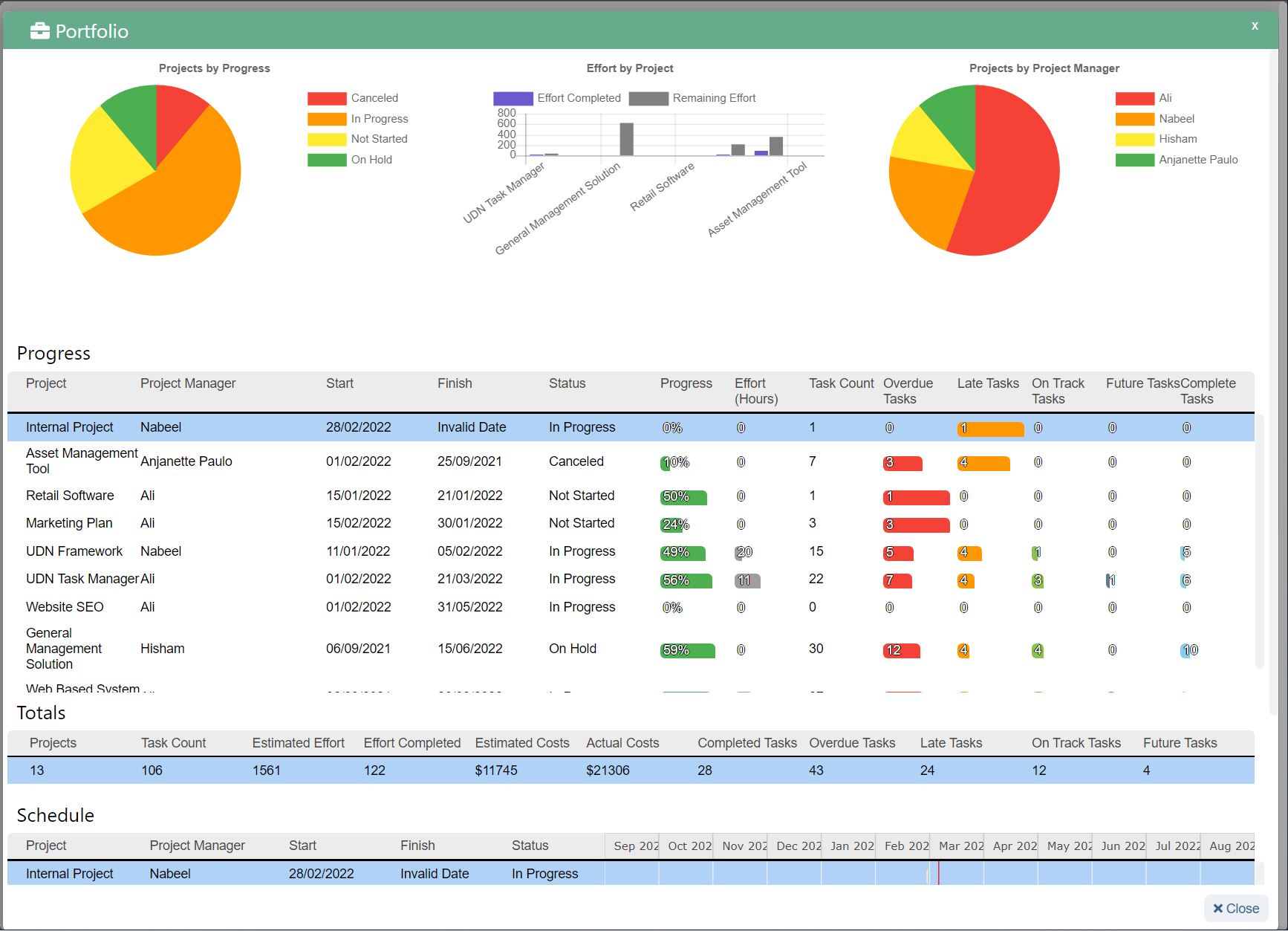
Adaptability comes easily for some. But even if it doesn't come naturally to you, it's still something you can develop. Take a look at six tips you can use to build, refine, and grow your adaptability skills through exercises and practice
1. Improve your problem solving skills
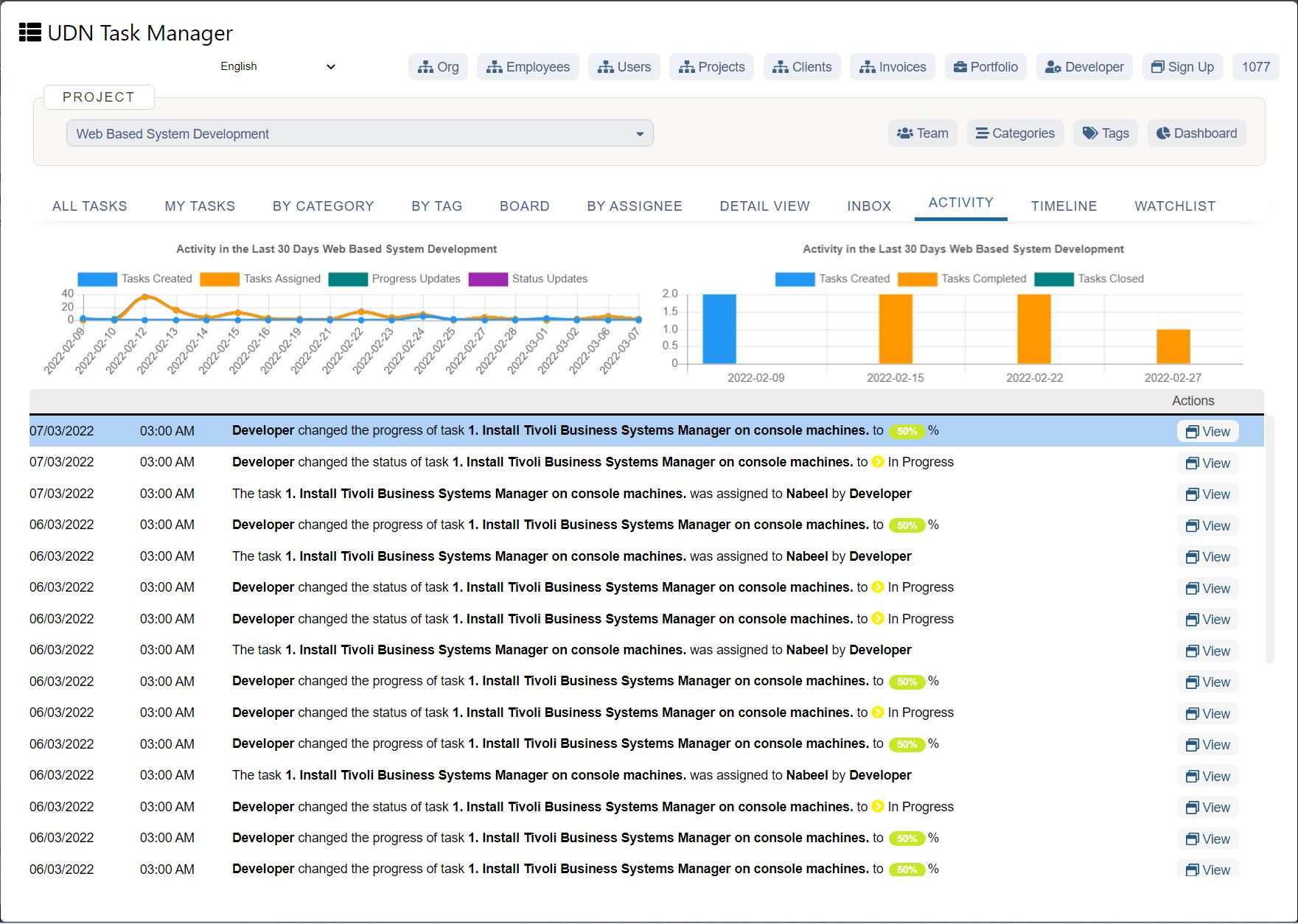
Problem solving helps you resolve specific issues as they arise. This term can often feel ambiguous, but it’s actually a concrete process comprised of four simple steps:
Identify the problems that need to be solved.
Brainstorm multiple solutions.
Define the solution.
Implement the solution.
Using a framework like the one above will help you better identify problems so you can strategically come up with a solution. Plus, every time you use these problem solving skills, you’re making it easier to solve the next one—even if it’s different. Over time, you’ll be adaptable enough to solve any problem that comes up.
Example : Your boss just asked you to drop everything and focus on a new initiative. But you’re already working on a project with a hard deadline. To solve this problem, you reach out to your boss and explain the situation. Together, you both identify a potential solution—in this case, to delegate one of the initiatives you’re working on to another team member. Your adaptability in looking for multiple situations helps you find the best path forward.
2. Learn to embrace change
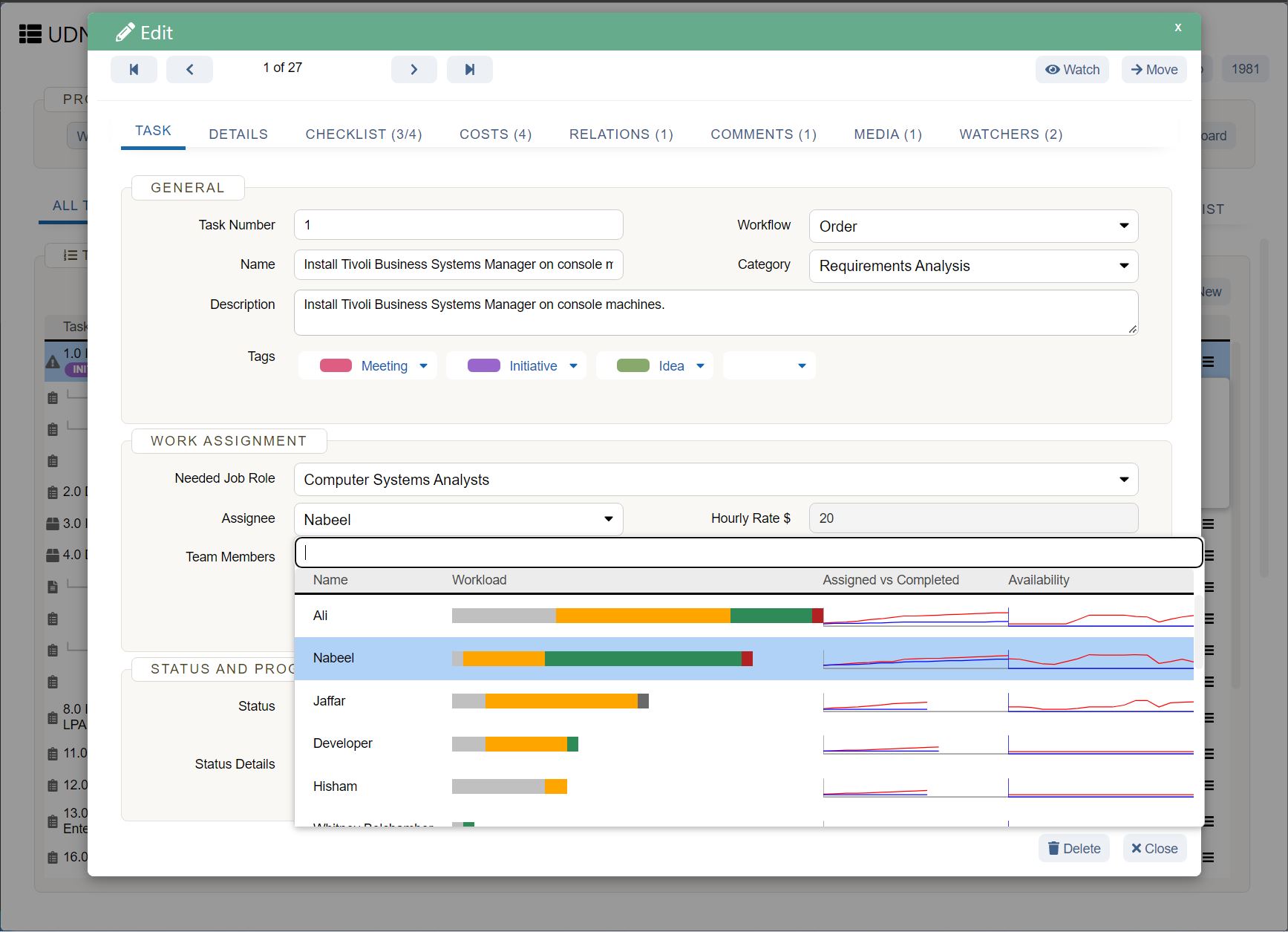
You’ve heard it before but we’ll say it again—you will always need to face change. Or, in the words of the ancient Greek philosopher Heraclitus, “Change is the only constant in life.” You can avoid and deny it, but it’s not going to make it go away.
Learning to embrace and even look forward to change can help you become a more adaptable leader. Teach yourself to embrace any situation by taking more risks and accepting the results, whatever they are. Practice self-care during particularly difficult changes and reach out for support when needed. Above all else, be kind to yourself—even as you learn to embrace it, change is never easy.
Example : Your team just got restructured. This is your third time having to adjust to new team members and responsibilities, and now you’re expected to learn new skills and adjust your work life all over again.
Instead of feeling frustrated, try appreciating the benefits of this change. Maybe you’re better positioned to move into leadership roles. Or maybe it’s an opportunity to expand your network within your new team. As you learn to embrace changes both large and small, you’re actively building the muscle to be more adaptable whenever new challenges arise.
3. Keep an open mind

We all have an idea of how we think things should go. This is normal. This type of thinking is a shortcut that helps our brain process information more efficiently. While it can sometimes be beneficial, there are also times when thinking this way closes our mind to new opportunities. That's because you're so focused on what you think should happen that you don't embrace what could happen. Being adaptable is about being willing to pivot.
Exercising your brain can help you become more open-minded when you’re faced with a new situation. Try these tips to develop an open mind:
Ask higher level questions that go beyond the “what” to the more crucial “why’s” of the situation.
Practice active listening when you’re learning something new.
Withhold judgements until you have all the information—this includes limiting beliefs about yourself or your capabilities.
Try to think about the current situation from every angle, stretching your mind to include all of the varying possibilities.
Example : You work in content and rely heavily on the design team to supply you with imagery to support your work. After a few months, the designer you’ve been working with starts taking longer to respond and missing deadlines. You become increasingly resentful as you suddenly need to do your job and—in your mind—theirs.
Instead of holding onto resentment and assumptions, you sit down with the designer to try to understand their perspective. You realize the designer has been under an increasing amount of pressure because someone on their team left suddenly and they’ve been picking up the slack. Because you went into the conversation with an open mind, you’re able to be understanding and come up with a solution.
Written out like that, it can seem like such a simple solution. But it’s hard to have these types of conversations if you don’t approach a situation with an open mind.
4. Leave your ego at the door
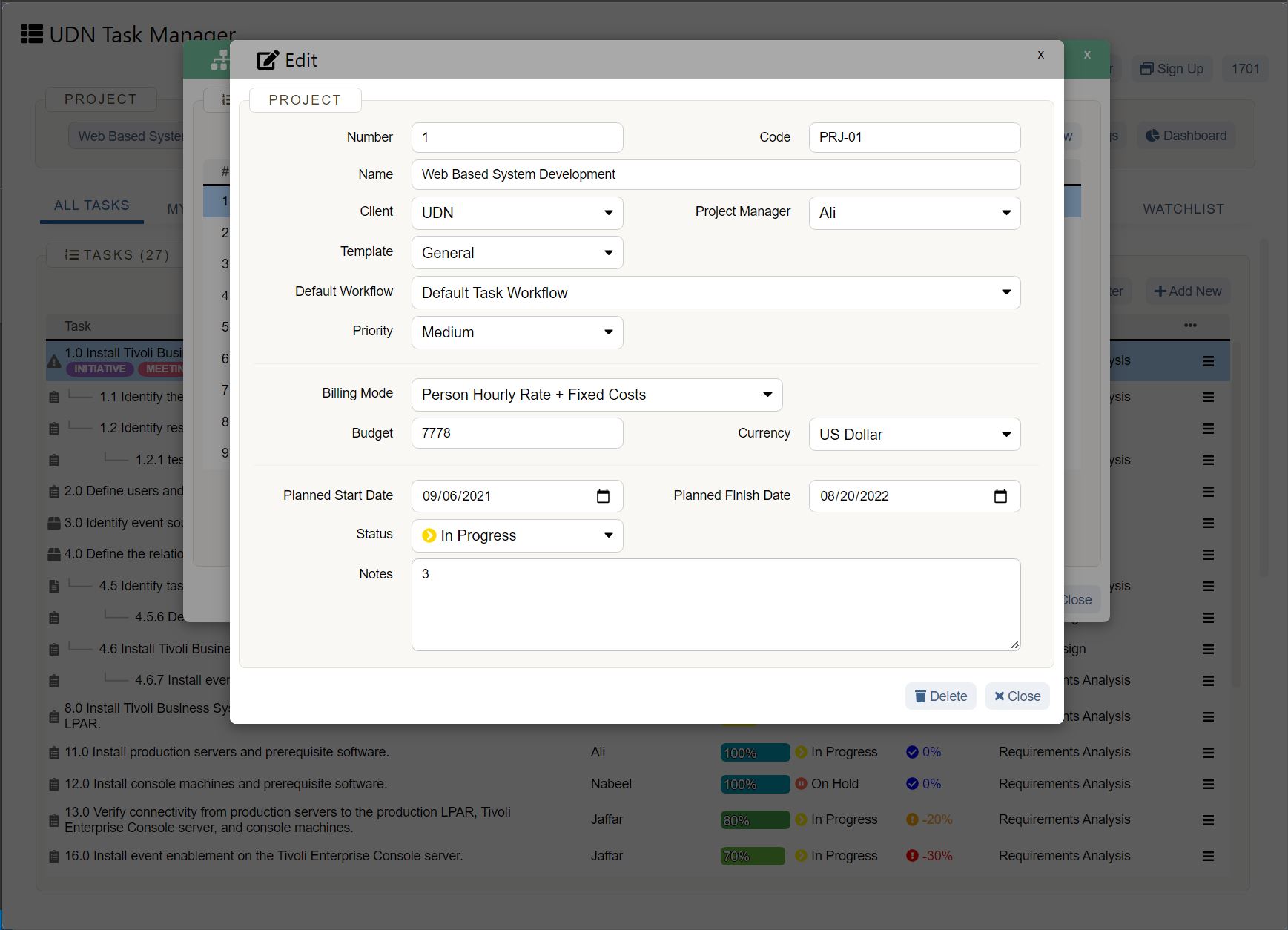
Your ego is your sense of self. If you follow a more philosophical viewpoint, it’s not inherently bad or good, the ego just . But because it’s naturally self-centered, the ego is not always the most helpful communication tool. Stepping outside of yourself—removing the ego—allows you to see other perspectives more clearly and embrace change. In short, practicing leaving your ego out of the workplace builds on many other adaptability skills.
The best way to do this? Take any situation that might normally be frustrating and pause. Take a deep breath. Ask yourself—can you let go of how you think things are supposed to go? And, going one step further, learn to appreciate the result no matter the outcome? If you’re able to accept and even celebrate a wide variety of outcomes, you’re setting an important precedent—that anything is possible. And that no matter what, you can adapt and move forward.
Example : Your team recently hosted a creative brainstorming session, but your idea didn't get chosen. It’s normal to feel disappointed. But instead of staying sad about it, you can choose to let it go. Leave your ego at the door and embrace the idea your team decided to move forward with. In doing so, you’re making it safe for others to express their creativity with even more unique ideas. You’re also teaching yourself that there are multiple solutions to a problem, and you can adapt no matter which one moves forward.
5. Practice mindfulness
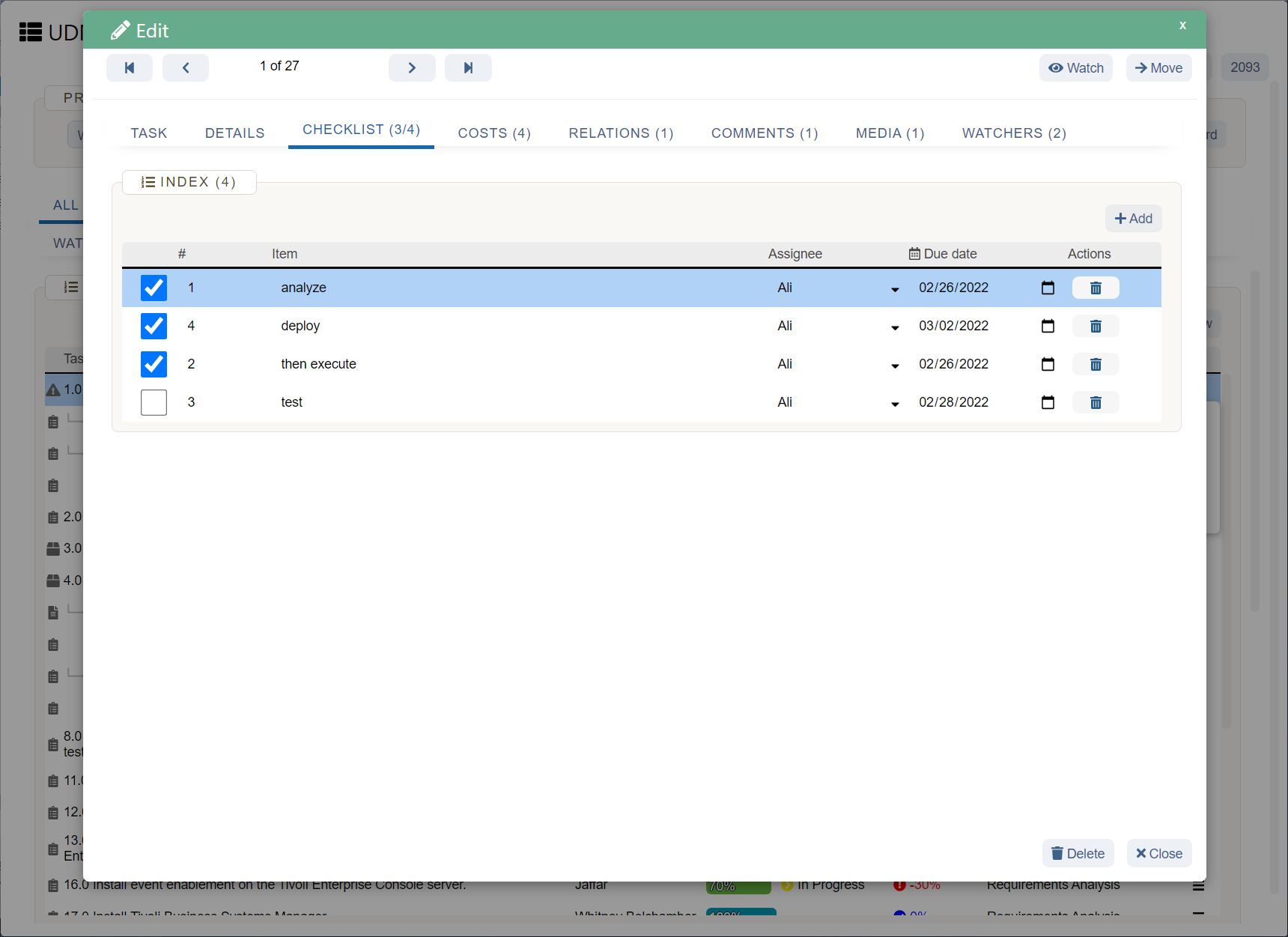
Mindfulness is the act of focusing on the present moment without trying to change anything about it. Instead of jumping in with solutions or ideas, mindfulness allows you to take a step back and reflect on what’s happening. This allows you to be more flexible and appreciate the moment, which makes you more open to change.
Mindfulness is so important to us here at UDN Task Manager that we’ve made it one of our core company values . To implement mindfulness in your day to day, try these two steps to acknowledge your emotions and let go of them:
Put less attention on the past and future. You can’t change something once it happens, but you can accept it. Thinking about what could or should have happened likely won’t help and it might even make things worse.
Focus on what's happening now. Instead, lean into the situation as it is. This allows you to let go of things outside of your control and pay attention to those things you can change.
Example : Your IT team installed new software on your laptop that accidentally deleted all your existing files—including a project that was due today. Instead of reacting, you assess the situation objectively, running through the facts. What can you do about it?
Mindfully putting yourself in the moment allows you to begin the process of problem-solving. This can include letting your boss know about the problem, reaching out to IT about a potential cloud backup, and reaching out to team members for any saved files they might have.
Nothing has changed about the situation. You still lost a lot of hard work. But instead of wasting more time and energy mourning it, you can take action to solve the problem as quickly and efficiently as possible.
6. Push yourself out of your comfort zone
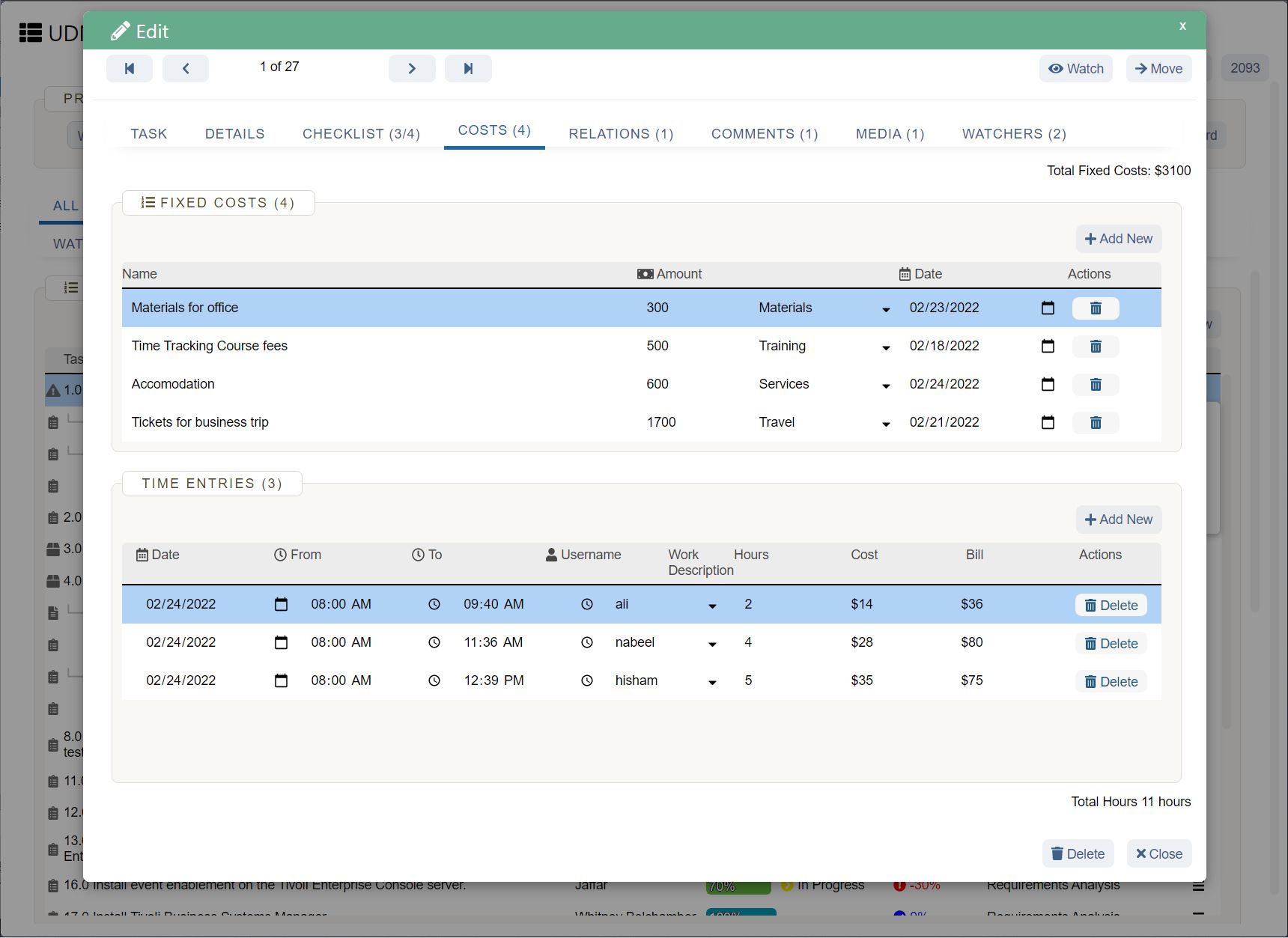
Most of us want to stay inside our comfort zone. It’s natural. Our brain likes comfortable experiences and encourages us to seek them out. But if you only do things you’re comfortable with, you won’t be as prepared when changes do inevitably come up.
You can begin to expand your comfort zone with small tweaks. Practice placing yourself in new and challenging situations where you have control over the outcome. It doesn’t have to be jumping out of an airplane. Simple things like taking a new route to work can help you think more creatively and become more flexible.
Example : Imagine you have an idea for a new project that your team could be working on. But typically, ideas come from your boss—not from you and your coworkers. Instead of waiting for the next rollout from a manager, you could see this as an opportunity to push past your comfort zone.
So, pitch your idea to your boss. It doesn’t matter if they don’t move forward with it. The beauty of pushing yourself out of your comfort zone is that the outcome isn’t important. It’s the process that’s most helpful.
Workplace adaptability can create a better work life
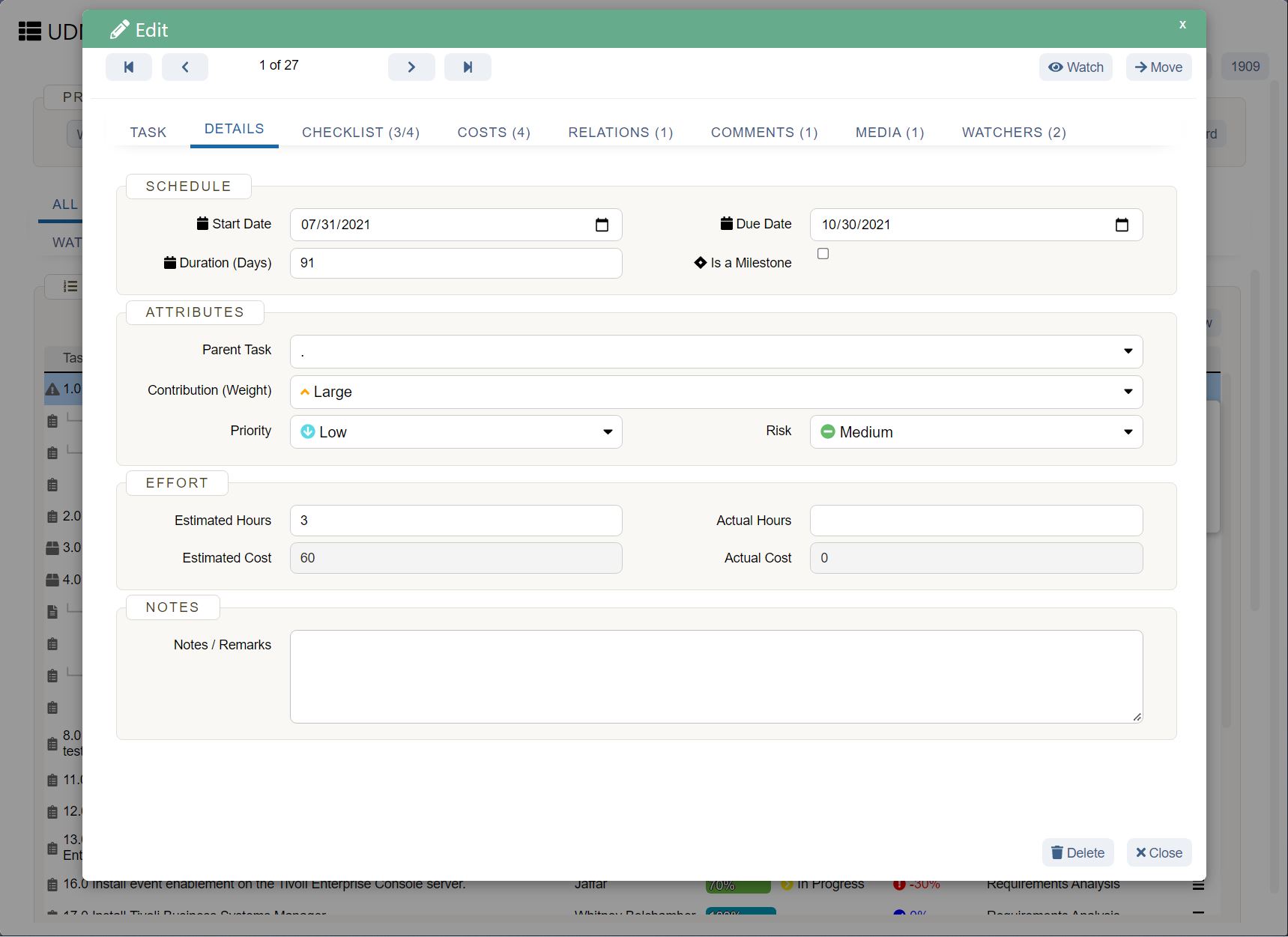
For most of us, developing workplace adaptability is an ongoing practice throughout our career. Learning to become more adaptable at work takes time and focus. It’s not as simple as taking a new professional development course or even going for an MBA.
And that’s ok. This is one of those situations where it’s more about the journey than the end result. Learning soft skills like adaptability may not come with an official certification or be as measurable as hard skills, but they can do just as much—if not more—for your success both as a leader and team member.











